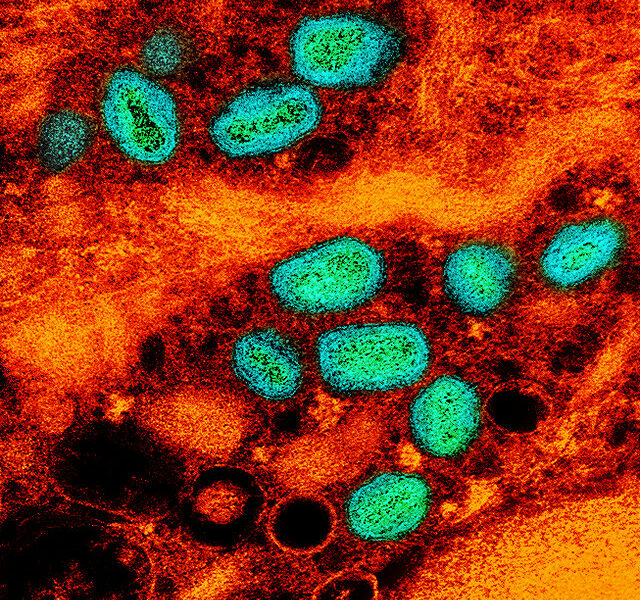An elderly gentleman died on August 30 of hemorrhagic fever in Patras, Greece. Doctors believe it was a complication due to infection with dengue fever, a mosquito-borne illness that has not been recorded in the Hellenic Republic since the 1920’s.
Despite its rarity in this southern European county, the case was not entirely unforeseen. The vector, the Asian tiger mosquito (Aedes albopictus), has been increasing its presence all over Europe for the past decade. The insect was first discovered by Greek officials in 2003. Additional cases of dengue were reported in Croatia and France in recent years.
In fact, some might argue that the presence of the mosquito may be more worrying than this first fatality, as the Asian tiger mosquito is also the main carrier of West Nile Virus (WNV). WNV has killed six individuals in Greece since that start of 2012 and has been wreaking havoc throughout the United States this summer. According to the CDC’s latest data, the WNV counts stand at 1,993 cases and 87 deaths in the United States.
Malaria, which was considered eliminated nearly 40 years ago, has also resurfaced. Thirty-six cases were reported in 2011, mostly from the Laconia region in the south.
Greece’s first dengue victim had evidence of both dengue fever and WNV in his blood. Concurrently, he was suffering from an infection and low platelets, which are symptoms of dengue disease. In an interview with BBC News, Dr. Sotirios Tsiodras of the Greek Centre for Disease Control and Prevention said, “It might be an isolated case but we want to make sure there are no further cases. We need to take it very seriously.”
As part of an entomological investigation, health officials are providing blood tests and setting up mosquito traps in Agrinio, the city in which the victim was likely infected.

